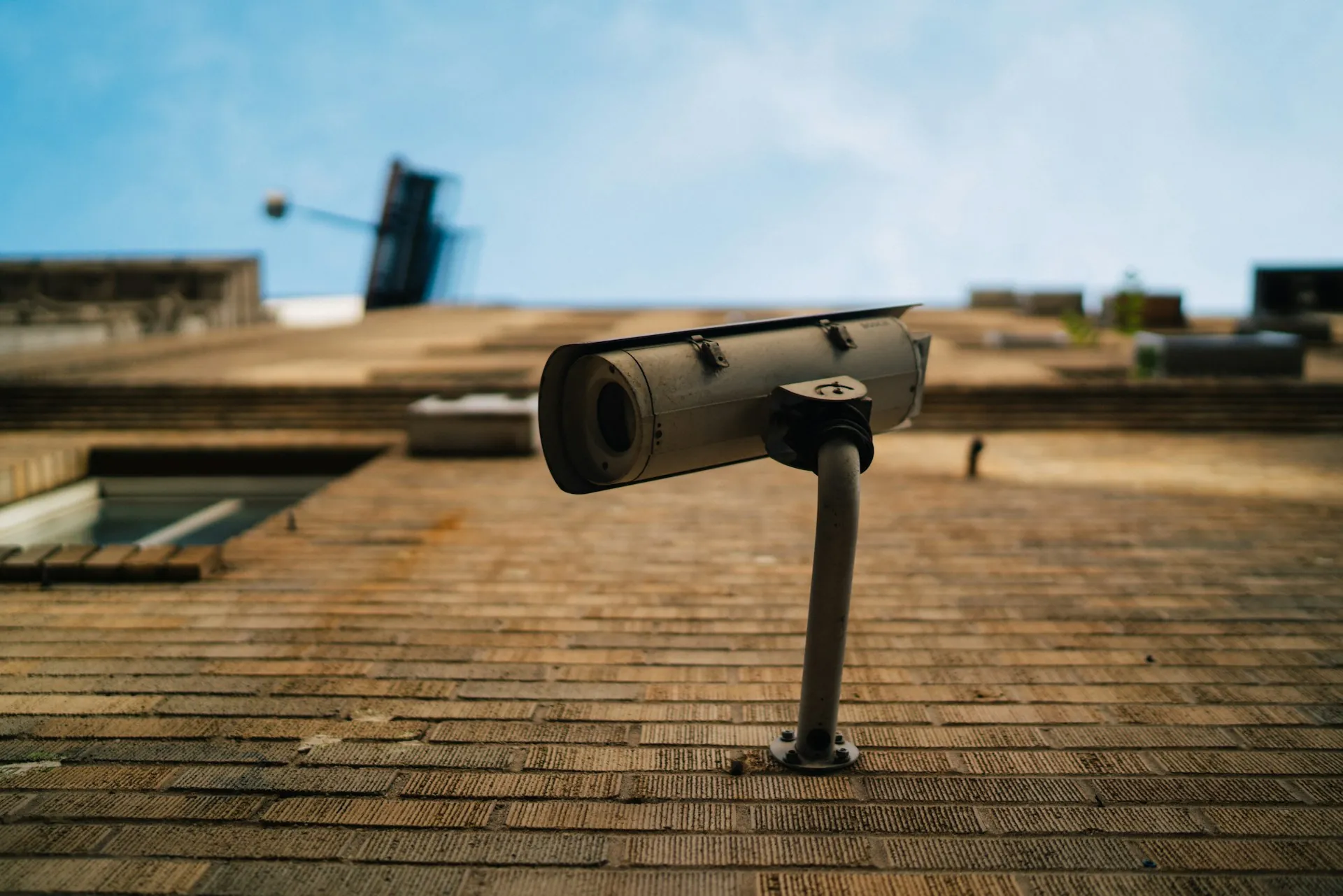In the realm of personal injury law, catastrophic injuries represent some of the most severe and life-altering cases. These injuries often lead to substantial medical expenses, loss of income, and long-term or permanent disability. Given the high stakes involved, having solid evidence to support a catastrophic injury claim is crucial. One of the most compelling forms of evidence is surveillance footage. This article delves into how surveillance footage plays a pivotal role in catastrophic injury claims in Pennsylvania, highlighting its importance, legal implications, and how Fulginiti Law leverages this evidence to secure justice for their clients.
Understanding Catastrophic Injuries and Their Legal Implications
Catastrophic injuries are defined as severe injuries that have a long-term or permanent impact on the victim's life. These can include traumatic brain injuries, spinal cord injuries, amputations, severe burns, and multiple fractures. Such injuries not only cause immense physical and emotional pain but also bring significant financial burdens due to ongoing medical treatments, rehabilitation, and loss of earning capacity.
In Pennsylvania, proving a catastrophic injury claim involves demonstrating that the injury was directly caused by another party's negligence. This requires comprehensive evidence to establish liability and the extent of damages. Given the complexity of these cases, the quality and quantity of evidence can make or break a claim. This is where surveillance footage can play a critical role.
How Surveillance Footage Can Strengthen a Catastrophic Injury Claim
Surveillance footage provides an objective and often irrefutable account of the events leading up to and including the incident that caused the injury. Various types of surveillance footage can be instrumental in personal injury cases, including:
CCTV Cameras
Commonly found in public places, businesses, and residential areas, CCTV cameras can capture incidents from multiple angles, providing a clear view of what transpired.
Dash Cams
Installed in vehicles, dash cams can record accidents and provide crucial details about the circumstances of the collision.
Security Cameras
These are typically installed in private properties and can capture incidents that occur on or near the premises.
The process of obtaining and preserving surveillance footage is critical. Prompt action is necessary to ensure the footage is not overwritten or lost. Legal teams must act quickly to request and secure this evidence, which can significantly strengthen a catastrophic injury claim.
Related: Importance of Police Reports in Catastrophic Injury Claims
Real-Life Examples
Pedestrian Accident: A pedestrian hit by a vehicle at a crosswalk may find that nearby CCTV footage clearly shows the driver running a red light, thus establishing liability.
Workplace Injury: An employee injured due to unsafe conditions can use security camera footage to prove that the employer failed to provide a safe working environment.
In both scenarios, surveillance footage serves as compelling evidence that can corroborate the victim’s account, disprove false claims, and provide a clear sequence of events.
Legal Guidelines and Privacy Concerns in Using Surveillance Footage
While surveillance footage can be a powerful tool, its use is governed by legal guidelines and privacy concerns. In Pennsylvania, the admissibility of surveillance footage in court depends on several factors.
Legality of the Recording
The footage must be legally obtained. Unauthorized or illegal recordings are typically inadmissible.
Relevance and Authenticity
The footage must be relevant to the case and must be authenticated to prove it has not been tampered with.
Privacy Rights
Surveillance must respect the privacy rights of individuals. For instance, footage captured in places where individuals have a reasonable expectation of privacy (such as bathrooms or private homes) may be subject to stricter scrutiny.
Legal teams must navigate these guidelines to ensure the footage can be effectively used in court. Properly handling and presenting this evidence is crucial to avoid challenges from the opposing side.
Fulginiti Law: Expertise in Utilizing Surveillance Footage for Successful Claims
Fulginiti Law has a proven track record of leveraging surveillance footage to secure favorable outcomes for clients in catastrophic injury claims. With extensive experience in personal injury law, Fulginiti Law understands the nuances of obtaining, preserving, and presenting surveillance footage effectively.
Case Studies
Case Study 1:
Fulginiti Law successfully represented a client who suffered a traumatic brain injury in a slip-and-fall accident at a shopping mall. The surveillance footage clearly showed that the mall's maintenance staff neglected to address a hazardous spill, leading to the accident. This footage was pivotal in securing a substantial settlement for the client.
Case Study 2:
In a high-profile car accident case, Fulginiti Law used dash cam footage to prove that the other driver was texting while driving, leading to a catastrophic collision. The irrefutable evidence from the dash cam resulted in a significant compensation award for the victim.
Fulginiti Law’s expertise ensures that clients receive the best possible representation, with a focus on gathering and utilizing the most compelling evidence available.
Contact Fulginiti Law Today
In catastrophic injury claims, the importance of robust evidence cannot be overstated. Surveillance footage provides a powerful tool to establish liability, prove the extent of injuries, and secure just compensation for victims. Understanding the legal guidelines and privacy concerns associated with this type of evidence is essential for its effective use. With the expertise of Fulginiti Law, victims of catastrophic injuries in Pennsylvania can be assured that their cases will be handled with the utmost professionalism and diligence, maximizing their chances of a successful outcome.
For those seeking justice and fair compensation for catastrophic injuries, leveraging surveillance footage can make all the difference. Trust in Fulginiti Law to navigate these complex cases and provide the support needed to achieve the best possible results. Contact Fulginiti Law today by calling 215-774-5162 or scheduling your free consultation online.



